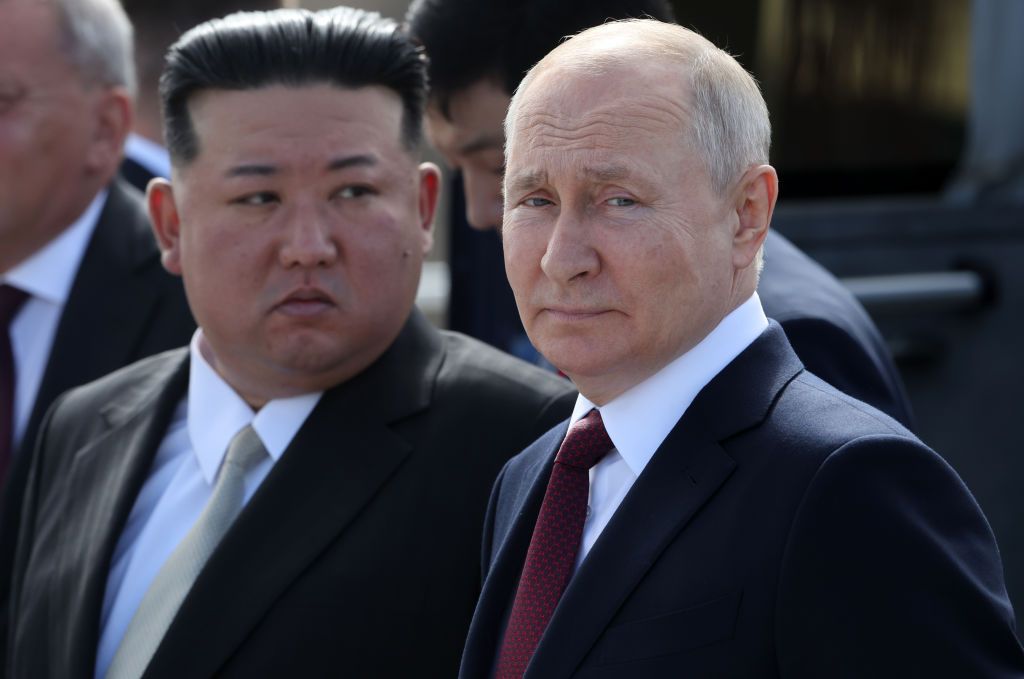White House: Russia, China, North Korea seek to strengthen ties

Russia, China, and, to some extent, North Korea seek to strengthen mutual ties as they grow dissatisfied with the rules-based world order, U.S. National Security Council spokesperson John Kirby told the press on Dec. 19.
While Moscow and Beijing have long maintained a strategic partnership, Russia and North Korea began growing closer in recent months as the Kremlin seeks North Korean military supplies to feed its war against Ukraine.
According to Kirby, the three countries are unhappy with the rules-based order the U.S. and its allies helped to establish after the Cold War.
"We still believe that that rules-based order matters and that there are certain nations that would like to act in ways inimical to that order," Kirby commented.
"That's why the President (Joe Biden) has, for his part, worked to shore up our alliances and partnerships in the Indo-Pacific."
The U.S. confirmed increased weapons and ammunition transfers from North Korea to Russia following a meeting between Russian leader Vladimir Putin and his North Korean counterpart Kim Jong Un in September.
South Korean intelligence reported in early November that Pyongyang had provided Moscow with over a million artillery shells, and possibly even short-range ballistic missiles and other arms.
Washington said it is "deeply concerned" that North Korea may receive nuclear or ballistic missile-related technology in exchange.
Speaking at the press conference, Kirby also stressed that the U.S. sees no indication of direct military aid to Russia from China's side.
Even though Beijing supported Russia diplomatically and economically amid the Western push to isolate it, China appears to have steered clear of providing direct military assistance.
It has nevertheless sold a significant amount of dual-use goods, such as drones and drone parts, that Russia uses for military purposes.














